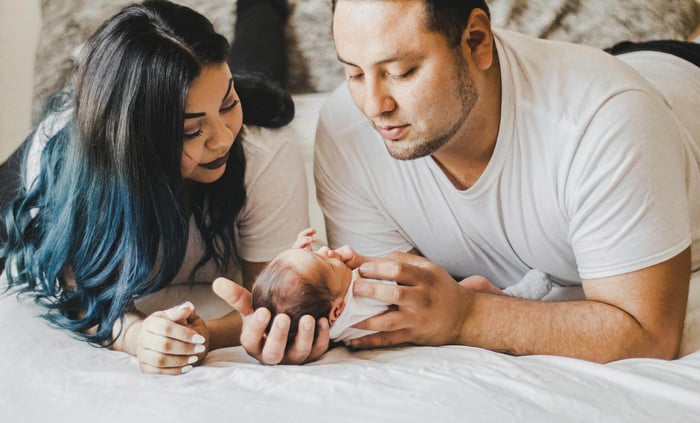Deciding whether or not to have children is one of the most profound choices a person can make. The baby decision impacts every facet of life—relationships, career, identity, and personal fulfillment. And yet, it’s often discussed in a way that oversimplifies the complexity of emotions, societal pressures, and personal circumstances that shape this choice.
As a therapist specializing in perinatal mental health, I’ve had many conversations with individuals grappling with this question. For some, the desire to become a parent is deeply ingrained, while for others, uncertainty, fear, or ambivalence takes center stage. No matter where you fall on the spectrum, the process of making this decision deserves thoughtful consideration and compassionate self-reflection.
The Emotional Weight of the Decision
For many, the decision to have children is not just about logistics or practicality; it’s deeply tied to emotions, personal history, and core values. Some common emotional experiences include:
- Excitement and longing – A deep-rooted desire to nurture and raise a child.
- Fear and anxiety – Worries about the unknown, the responsibility of parenting, or the impact on mental health.
- Pressure from family or society – Expectations from parents, friends, or cultural norms can make the decision feel less like a choice and more like an obligation.
- Ambivalence – Feeling unsure, with both the appeal of parenthood and the desire for an independent lifestyle weighing equally.
External Pressures and Societal Expectations
Society often presents parenthood as the natural or expected path, particularly for women. Messages such as “You’ll regret not having kids” or “You’ll change your mind” can be dismissive and invalidate the complexity of personal choice. The baby decision is not society's decision, it's yours.
On the other hand, there is also growing acceptance of a child-free lifestyle. Some people find deep fulfillment in their careers, relationships, and passions without becoming parents. For others, concerns about the financial, environmental, or social aspects of raising children play a role in their decision.
Factors to Consider When Making the Baby Decision
- Mental and Emotional Readiness – Are you emotionally prepared for the changes and challenges of parenthood?
- Partnership Dynamics – If you’re in a relationship, is your partner aligned with your desires and expectations?
- Financial Considerations – While money isn’t everything, financial stability can play a role in feeling prepared.
- Lifestyle and Career Goals – Will parenthood fit into your vision for your life, and if not, are you willing to adjust?
- Health and Well-being – Both physical and mental health considerations can influence one’s decision.
There is No “Right” Choice—Only the One That’s Right for You
Ultimately, there is no universal answer. Whether you decide to have children or not, the choice is deeply personal and valid. If you’re struggling with this decision, talking with a therapist or support group can help you explore your feelings without judgment.
No matter what path you take, embracing your decision with confidence and self-compassion is key. Your life, your happiness, and your fulfillment matter—whether that includes children or not.
If you are having difficulty making a decision about children, therapy can help. Click here to learn more.

.png)


